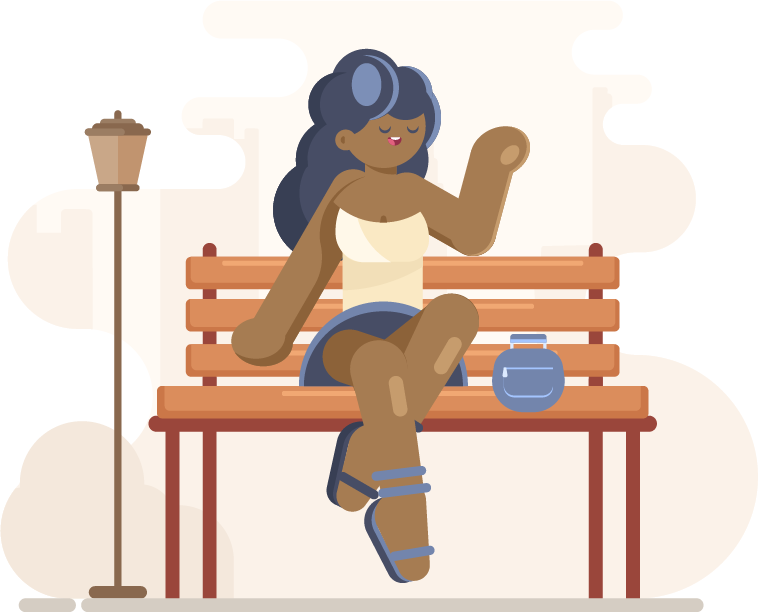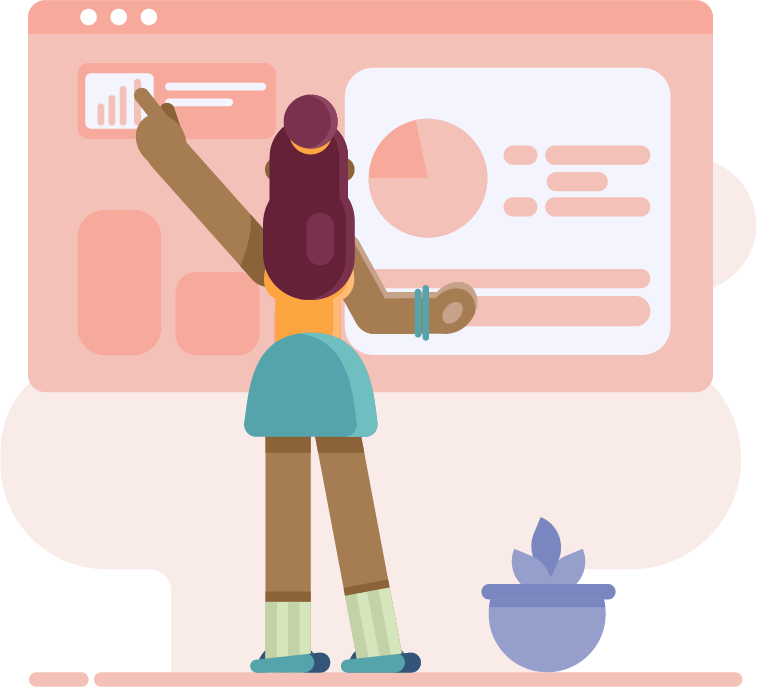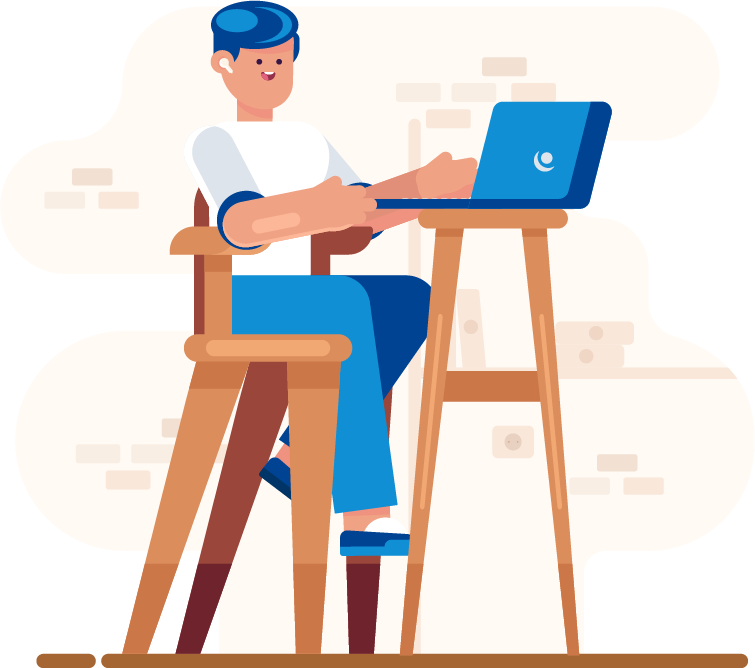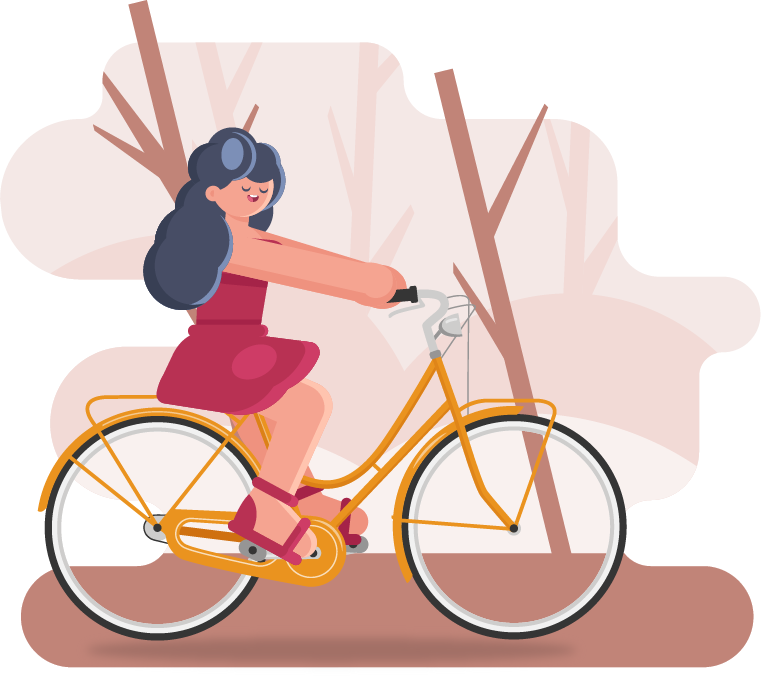Community Education
What We Do
Preventing VIolence Through Education
Violence is a public health epidemic that has no socio-economic or geographic boundaries, and has a devastating impact on individuals, families, and entire communities.
Be a part of the Change.
Our Approach
Educating & Connecting
We believe that domestic violence, sexual violence, and human trafficking will end only when individuals, institutions, and every segment of society are educated and empowered to take a stand against abuse and to embrace healthy, safe, respectful, and peaceful interpersonal relationships.
For Pre-K to 12th Grade Students
Prevention Education
A child sexual abuse prevention lesson designed to educate children on how to recognize red flags, identify trusting adults, and respond to unwanted sexual contact.
Intended audience: 1st & 2nd grade
A series of lessons covering topics such as: Defining Caring Relationships, Defining Dating Abuse, Defining Bullying Behavior, Equal Power through Safe and Respectful Communication, Causes & Consequences of Dating Violence, Recognizing Harmful Gender Stereotypes, Identifying and Expanding our Feelings, Vocabulary, Stress & Calming Strategies, and Bystander Intervention.
Intended audience: 5th-12th grade; Customized to fit the needs of audience
Tech Safety
Staying Safe In A Virtual World
For HealthCare Professionals
Medical Advocacy
Provides healthcare professionals with a solid understanding of IPV as a public health issue including best practices for effective IPV screenings, risk assessments, and referral to victim services.
Outlines the reproductive risks associated with IPV as well as suggestions on how healthcare providers can update their intake process to include questions and information about sexual health.
Helps practitioners learn how to identify a potential brain injury, one of the most common medical issues for victims of IPV, using the HELPS screening tool and best practices for working with patients who have TBI.
Shows providers how to implement small but significant changes to their intakes, screenings, and patient interactions in order to create a more trauma informed environment for all patients.
children will be sexually abused before age 18.
Nearly
high school students nationwide experience physical abuse from a dating partner in a single year.
Only
of teens who were in a violent relationship ever told anyone about the abuse.
YWCA York is working to change these numbers.
For Victim Service Providers and Volunteers
Interested in being part of the solution?
Contact us today to become a trained advocate.
YWCA York is York County’s provider of comprehensive services to those impacted by violence in our community, with expertise in working with victims and survivors of domestic violence, sexual assault, human trafficking, and other violent crimes. Our trainers are both educators and service providers.
- Intro to DV/SA/HT
- Trauma Informed Care
- Values & Oppression
- Cultural Competence
- Confidentiality & Privilege
- Ethics & Principals in Advocacy
- Impact of Violence on Children
- Skill Development
- Functioning within Systems
- Local Center Information & Services
This is a 70-hour training utilizing both in-class sessions and online modules for anyone who is employed by a victim service provider, interns, and direct service volunteer.
FREE for Staff, Volunteers and Interns! This training is a requirement for ALL our victim services staff, volunteers and interns that are going to be working directly with survivors. The training session is PCADV and PCAR approved and grants Confidentiality Privilege to those that complete the training and work/volunteer/intern at a local center under the supervision of PCADV and PCAR. This privilege allows protected communications between a survivor and an advocate. Training must all be completed before direct service work can begin.
What is Human Trafficking?

We see human trafficking victims everyday as they are found in familiar places such as city streets, strip clubs, massage businesses, hotels, and motels. We also see trafficking in places we never expect like factories, construction, truck stops, domestic work, farming and landscape, and janitorial services.

Traffickers do not discriminate; they target the young and the old, men and women, and people from all social economic backgrounds. Homeless and foster care youth are among those at highest risk of being trafficked. Young girls are the most common victims.

Labor trafficking is the recruitment, harboring, transportation, provision, or obtaining of a person for labor or services through the use of force, fraud, or coercion for the purpose of subjection to involuntary servitude, peonage debt bondage, or slavery.

Sex trafficking is the force, fraud, or coercion to cause another person to engage in a commercial sex act. The coercion can be subtle, overt, and/or psychological.

The Commercial Sexual Exploitation of Children (CSEC) is a range of crimes and activities involving the sexual abuse or exploitation of a child for the financial benefit of any person or in exchange for anything of value.
